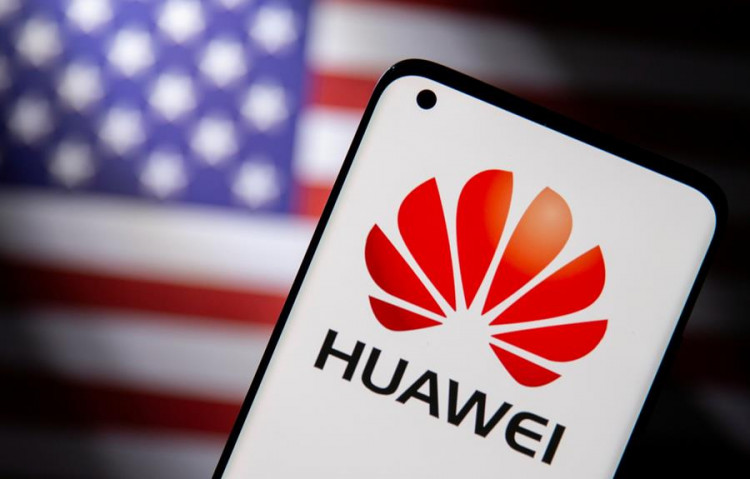The Biden administration has ceased approving permits for American businesses to sell the majority of their goods to Huawei in China.
For many years, Huawei has had to comply with U.S. export controls on products related to 5G and other technologies. For some American businesses to sell specific products and technologies to the company, the Department of Commerce has granted licenses. In 2020, Qualcomm Inc. will be permitted to provide Huawei with 4G smartphone chips.
According to a source with knowledge of the situation, the U.S. is developing a new formal policy of rejection for shipments to Huawei that would cover goods that aren't 5G-ready, such as 4G, Wifi 6 and 7, artificial intelligence, and high-performance computing and cloud items.
Officials at the Commerce Department "continually assess our policies and regulations" based on a spokesperson, but they declined to comment on specific company discussions. Qualcomm opted not to respond. Earlier reports on the change came from Bloomberg and the Financial Times.
Another insider stated that the action was anticipated to reflect the Biden administration's recent tightening of policies on Huawei. The insider claimed that licenses for 4G chips that couldn't be utilized for 5G, which may have been issued earlier, were being rejected.
It was nevertheless common for officials to give permits for products specifically for 4G applications until the end of the Trump administration and early in the Biden administration.
When Huawei was added to a trade blacklist by American officials in 2019, the majority of American suppliers were prohibited from sending products and technology to the corporation unless they had permits.
Officials kept tightening the restrictions to prevent Huawei from purchasing or designing the semiconductor chips that power the majority of its products. However, American regulators issued Huawei with permissions that permitted it to purchase some goods.
For instance, Huawei's suppliers received licenses worth $61 billion to sell to the multinational manufacturer of telecom equipment from April through November 2021. Huawei reported its overall revenue in December to be roughly $91.53 billion, a modest decrease from 2021 when U.S. sanctions drove its sales to drop by about a third.
The Biden administration added several dozen more Chinese businesses to the entity list in the same month, including Yangtze Memory Technologies (YMTC), a flash memory business that has become a national champion in China. The Biden administration was reportedly looking into allegations that YMTC had broken U.S. export laws by giving Huawei chips containing American technology for its most cutting-edge cellphones, according to a Financial Times report from the previous year.






